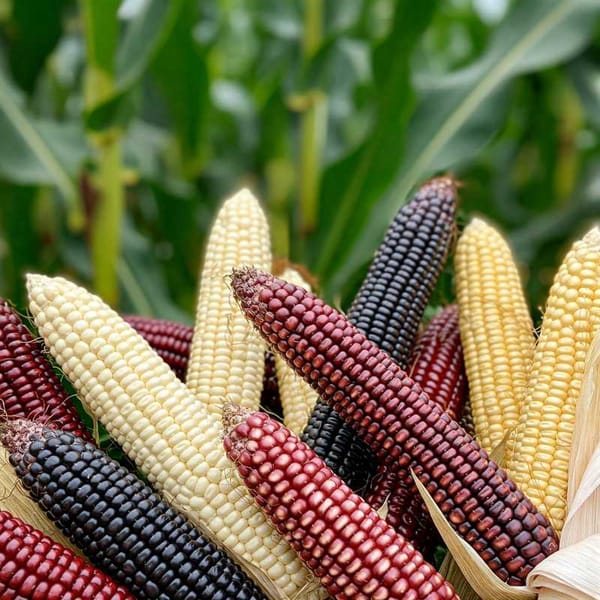Improving Food Security in Mexico: The Importance of Public Agricultural Programs and Price Guarantees
Experts from UNAM's Faculty of Economics advocate for increased public agricultural programs and attention to price guarantees to improve food security in Mexico and address regional inequality among small farmers.





